6 Oscar-Winning Performances In Horror Movies
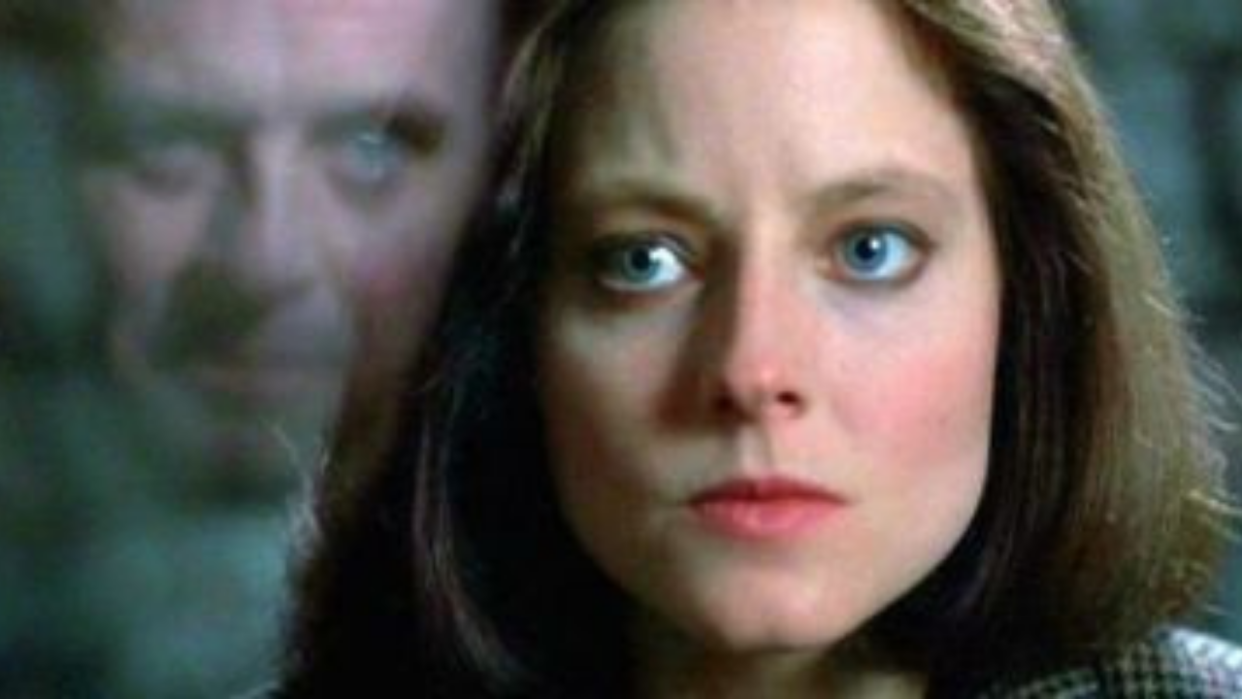
- Oops!Something went wrong.Please try again later.
- Oops!Something went wrong.Please try again later.
If you read through the 2023 Oscar nominations, you will notice that not a single horror movie received a nod, despite all the recent scary movies that deserved the Academy’s consideration in my opinion. While this is only the latest of many instances in which the genre was famously overlooked by the Academy, at least we can say that some great horror movies that have nominated for an Oscar, and even some who have won.
In fact, there are quite a few horror movies that received nominations in the acting category which, among them. The following is a look back on six actors who took home the coveted golden statuette for acting in a genre known for rewarding its audience with creepiness and carnage — starting with one of the earliest winners in the ceremony’s history.

Fredric March, Dr. Jekyll And Mr. Hyde (1931)
Horror fans may like to give the Academy a lot of trouble for acknowledging the genre only every so often, but they actually have been paying attention to it longer than some many realize. In fact, the fifth recipient of the Best Actor Oscar (an honor he ended up sharing with The Champ’s Wallace Beery in a tie) was Fredric March for 1931’s Dr. Jekyll and Mr. Hyde — Rouben Mamoulian’s adaptation of Robert Louis Stevenson’s seminal, terrifying novella.
The radical scientist’s transformation into a brutish criminal after taking an experimental potion he developed to unlock man’s repressed inner desires is not just achieved so effectively onscreen here by a beastly makeup job. March (who later took home a second statuette for the 1948 Best Picture Oscar winner, The Best Years of Our Lives) demonstrates an uncanny ability to inhabit each role so distinctly, if you did not know better, you might be easily convinced it was two different actors.
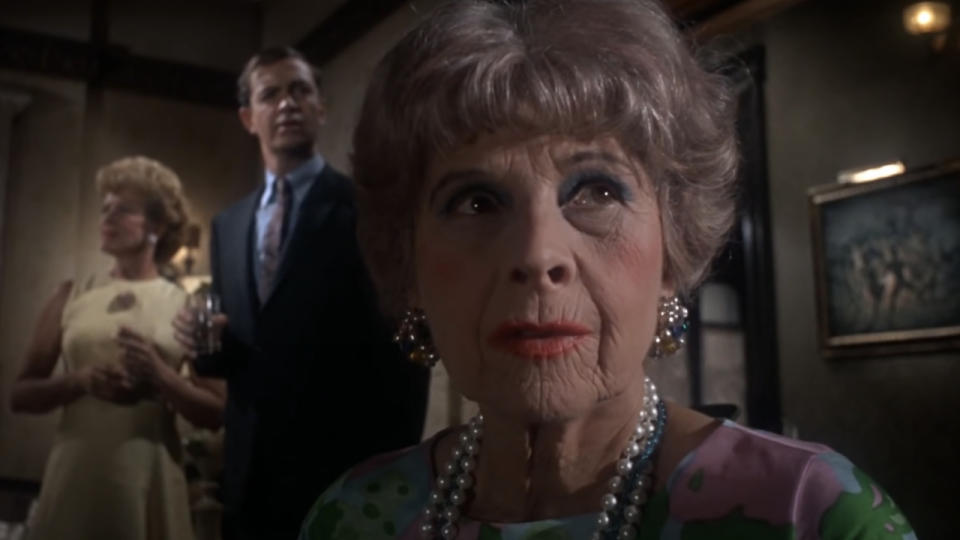
Ruth Gordon, Rosemary's Baby (1968)
It would take nearly another four decades before the Academy recognized greatness in acting from a horror movie again. Furthermore, out of the two nominations that the disturbing motherhood parable, Rosemary’s Baby, received in 1969 — the other being for director Roman Polanski’s screenplay, adapted by Ira Levin’s novel — the sole winner was Ruth Gordon for Best Actress in a Supporting Role.
The veteran performer brings much of the same charming, comedic energy that later earned her praise for the classic romantic-comedy Harold and Maude to the role of Minnie Castevet, the eccentric building neighbor of Mia Farrow’s title character and her actor husband, Guy (John Cassavetes). What makes her performance such a memorably chilling element of the unnerving classic is how well she maintains that unassuming charm even after her involvement in a satanic cult is revealed.
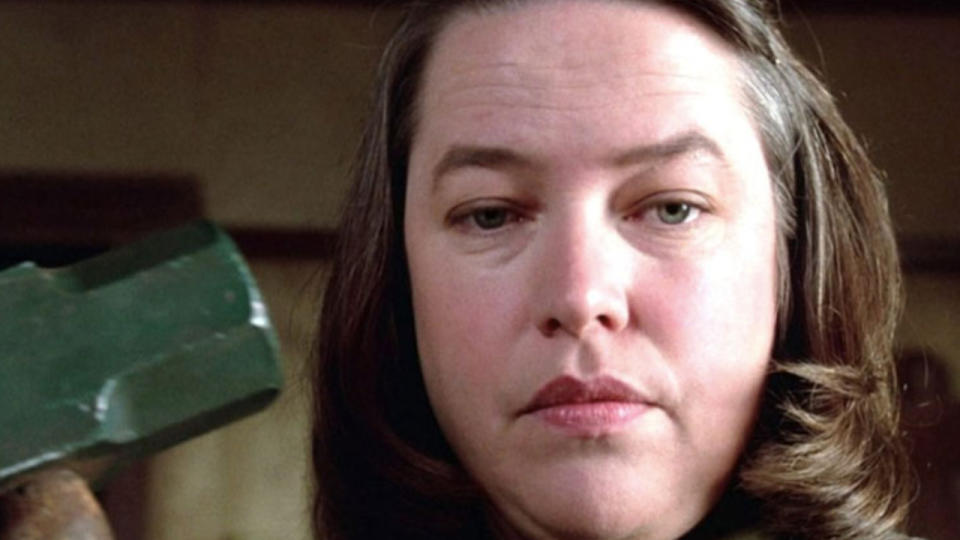
Kathy Bates, Misery (1990)
On the flip side to Ruth Gordon’s method in Rosemary’s Baby, it is Kathy Bates’ ability to change her demeanor from calm to unhinged on the turn of a dime that makes her performance in Misery such a masterclass in leaving the audience breathless. It apparently left the Academy breathless too, based on its decision to honor her with the Best Actress Oscar that year.
Bates is an undeniable tour de force as one of the horror genre’s definitive female villains, Annie Wilkes — who demonstrates toxic fandom at its worst when she takes in her badly injured favorite author, Paul Sheldon (James Caan), and demands that he write his next novel to her liking or face grave consequences. Outside of Rob Reiner’s taut direction and William Goldman’s suspenseful screenplay, it is she who truly makes Misery one of the finest Stephen King adaptations of all time.
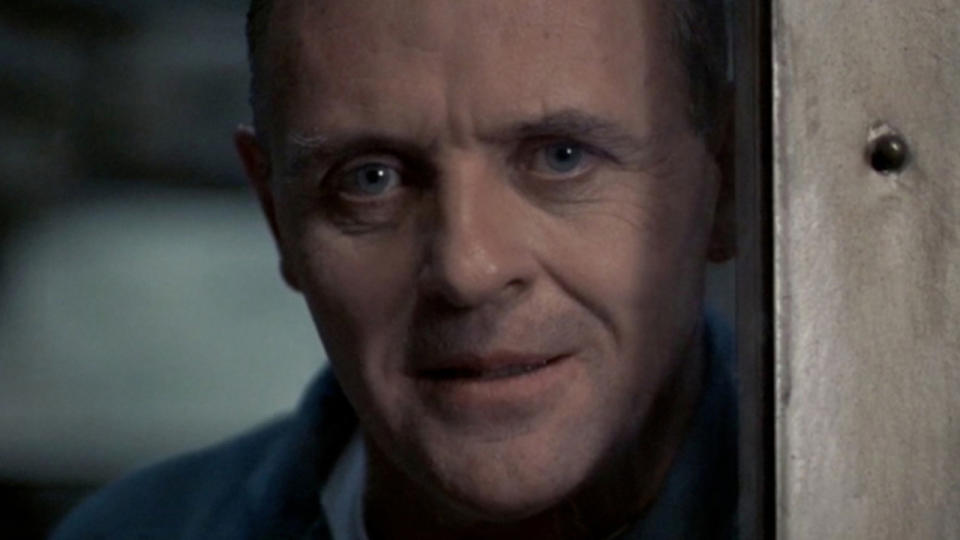
Anthony Hopkins, The Silence Of The Lambs (1991)
One of the scariest villains in horror cinema is the Dr. Hannibal Lecter, who was first introduced in Thomas Harris’ novel, Red Dragon. However, it was his portrayal by two-time Academy Award-winner Sir Anthony Hopkins in The Silence of the Lambs — one of the few horror films to be nominated for Best Picture and the genre’s sole winner of the category so far — that immortalized him as an esteemed figure of pop culture.
Hopkins is not actually the first actor to portray the cannibalistic criminal psychologist (the first being Succession’s Brian Cox in Michael Mann’s 1986 thriller, Manhunter) nor the last (Gaspard Ulliel played his younger self in Hannibal Rising and Mads Mikkelsen played the title role of the TV show, Hannibal), he is the first person you picture when you think of the character, and his Best Actor Oscar-winning performance makes it easy to see why. His permeating stare, ironic sense of sophistication and charisma amid his chilling disposition, and that iconic, improvised “hiss” adds up to nothing short of perfection.

Jodie Foster, The Silence Of The Lambs (1991)
Enlisting the unlikely help of Dr. Lecter in order to catch a killer nicknamed “Buffalo Bill” is FBI trainee Clarice Starling — the role that earned Jodie Foster her second Academy Award, following her win for 1988’s The Accused. The multi-talented artist’s ability to hold her own opposite Hopkins in his prime is only one aspect as to why her performance in director Jonathan Demme’s adaptation of The Silence of the Lambs is so deserving of the honor.
Starling is a very complex, very sharp character who has been haunted for years by a traumatic event from her childhood that, while leaving her vulnerable at times, effectively serves as fuel for her courageous crusade for justice. Foster portrays those elements of the character in a wonderful blend, resulting in a thoroughly mesmerizing and heroic, career-defining performance.
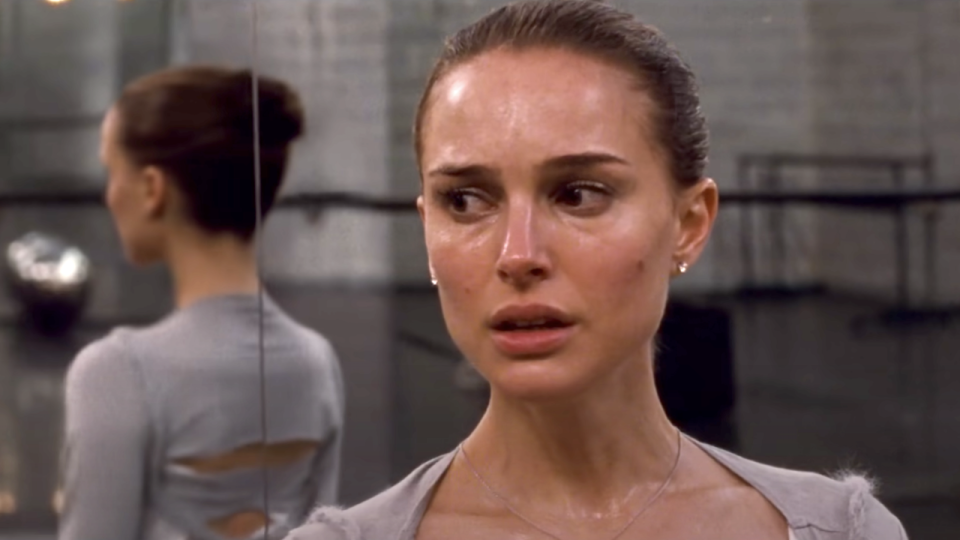
Natalie Portman, Black Swan (2010)
The most recent time that an actor was rewarded for their work in a horror movie was for a film that some might not categorize as “horror.” However, even those people cannot deny that Black Swan and Natalie Portman’s Best Actress Oscar-winning performance in it is the stuff of nightmares.
Portman — just one year before joining the MCU as Thor’s love interest, Dr. Jane Foster — stars in one of director Darren Aronofky’s best movies as a ballerina whose dedication to the lead role of “Swan Lake” takes a dangerous turn when she begins to suffer from disturbing visions. Like the film, the Star Wars actor is devastating, heart-wrenching, and hypnotically surreal as Nina.
I am happy to say that there are some more recent horror films that featured strong performances and earned an Oscar nomination, such as Daniel Kaluuya in Get Out from 2017. However, moments like these are still few and far between. Hopefully, there will come a day when well-made thrillers receive the recognition they deserve on a more frequent basis.

